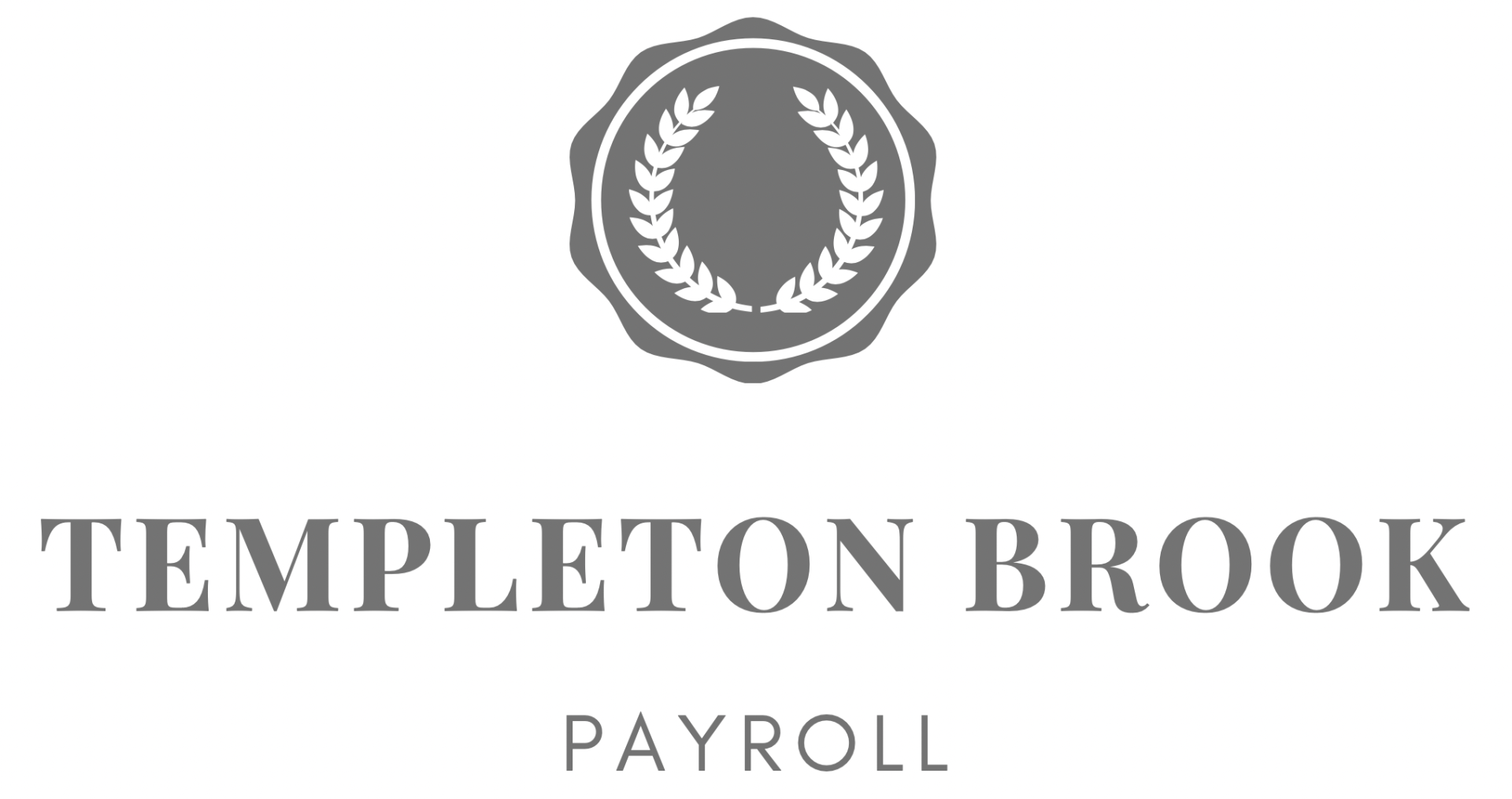Welcome to TEMPLETON BROOK Umbrella!
Compliant, professional, cost-effective: It’s all here.
PAYE Umbrella
An umbrella company is a company that employs a temporary worker (an agency worker or contractor), often on behalf of an employment agency. The agency will then provide the services of the worker to their clients. Ordinarily, umbrella companies do not find work for the workers they employ.
Most umbrella companies employ workers using an employment contract which will set out your terms and conditions. This means the company must comply with employment law. If you are employed by an umbrella company, the tax rules on off-payroll working (IR35) will not apply to you.
Understand Your Payroll
You need to understand how you get paid to make sure you are not involved in a tax avoidance scheme and that you are paying the right amount of Income Tax and National Insurance contributions.
Umbrella margin
Umbrella companies do not charge a 'fee'. They simply retain their umbrella margin from the gross contract value.
The umbrella will receive from your agency a 'service fee', which is uplifted above the PAYE rate and includes your basic pay, any bonus pay, annual leave entitlement, pension, employment overheads and umbrella margin.
The service fee is not the amount payable to you - it is the gross contract value for your assignment. Your pay will be determined in line with the provisions of the employment contract – with Templeton Brook you will get paid a salary and discretionary profit-sharing bonus net of any employment costs.
Your holiday pay is accrued and held by us in a holiday pay reserve fund and paid to you when you take leave however you may elect to get your holiday pay advanced to you along with your basic pay and bonus should you wish so.
Who will pay you
You are paid by the umbrella company because they are your employer. They will pay you for the work you do for the employment agency’s clients and deduct any Income Tax and employee National Insurance contributions due under PAYE (Pay As You Earn) from your pay.
How you get paid
The client you work for pays the agency for your services.
The agency deducts a fee for placing you with the client and pays the rest of the money (sometimes known as the assignment rate or the limited company rate) to the umbrella company.
This rate is different to the rate you get paid from the umbrella company, because of the additional costs for the umbrella company, which include:
- administration costs
- employer National Insurance contributions
- employer workplace pension contributions
- holiday pay
- other amounts to cover other specific costs, such as Apprenticeship Levy
The rate paid to the umbrella company by the agency will need to cover the costs of the employer National Insurance contributions. The umbrella company will use this money to pay employer contributions and not deduct the contributions from your gross pay.
What you get paid
The rate you get from the umbrella company is sometimes known as your contract rate. It will often be an hourly rate at the National Minimum Wage plus another taxable amount often described as a bonus or additional pay. This is your gross pay (your pay before deductions).
Your gross pay is then subject to deductions of Income Tax and employee National Insurance contributions through PAYE, as well as any other deductions such as your workplace pension contributions.
The remaining amount is your net pay (the amount you take home).
How to understand your pay
Before you start work, you will be given a key information document (KID) by your employment agency which will include all the details about what you will be paid.
Umbrella companies normally give you a reconciliation statement and a payslip.
Key information document
This will give you information about your pay and other details about your employment. It will show you the deductions and fees in relation to the assignment rate and contract rate and how this affects your gross and net pay.
The document should make it clear what the agency will pay the umbrella company and what you will receive from the umbrella company (your contract rate).
Reconciliation statement
The reconciliation statement will normally give a breakdown of the assignment rate received by the umbrella company from the agency which lists the umbrella company’s costs, including employer National Insurance contributions. These amounts should be deducted from the umbrella company’s assignment rate, not your contract rate.
Payslip
The payslip will then include a separate breakdown listing your gross pay and deductions, including Income Tax and employee National Insurance contributions, to arrive at the net take home pay.
The payslip must show:
- your pay (which is your contract rate) before and after any deductions
- the amount of deductions — these may change each time you are paid, for example the amount of Income Tax and employee National Insurance contributions you pay depends on the hours you work
- the number of hours you worked, if your pay varies depending on time worked
Your umbrella is not allowed to make deductions unless:
- they are required by law
- you agree to them
- your contract says that they can





